How Argentina’s Baked Goods Reveal Its Political Past
From “monk’s balls” to “cannons,” these pastries get subversive.
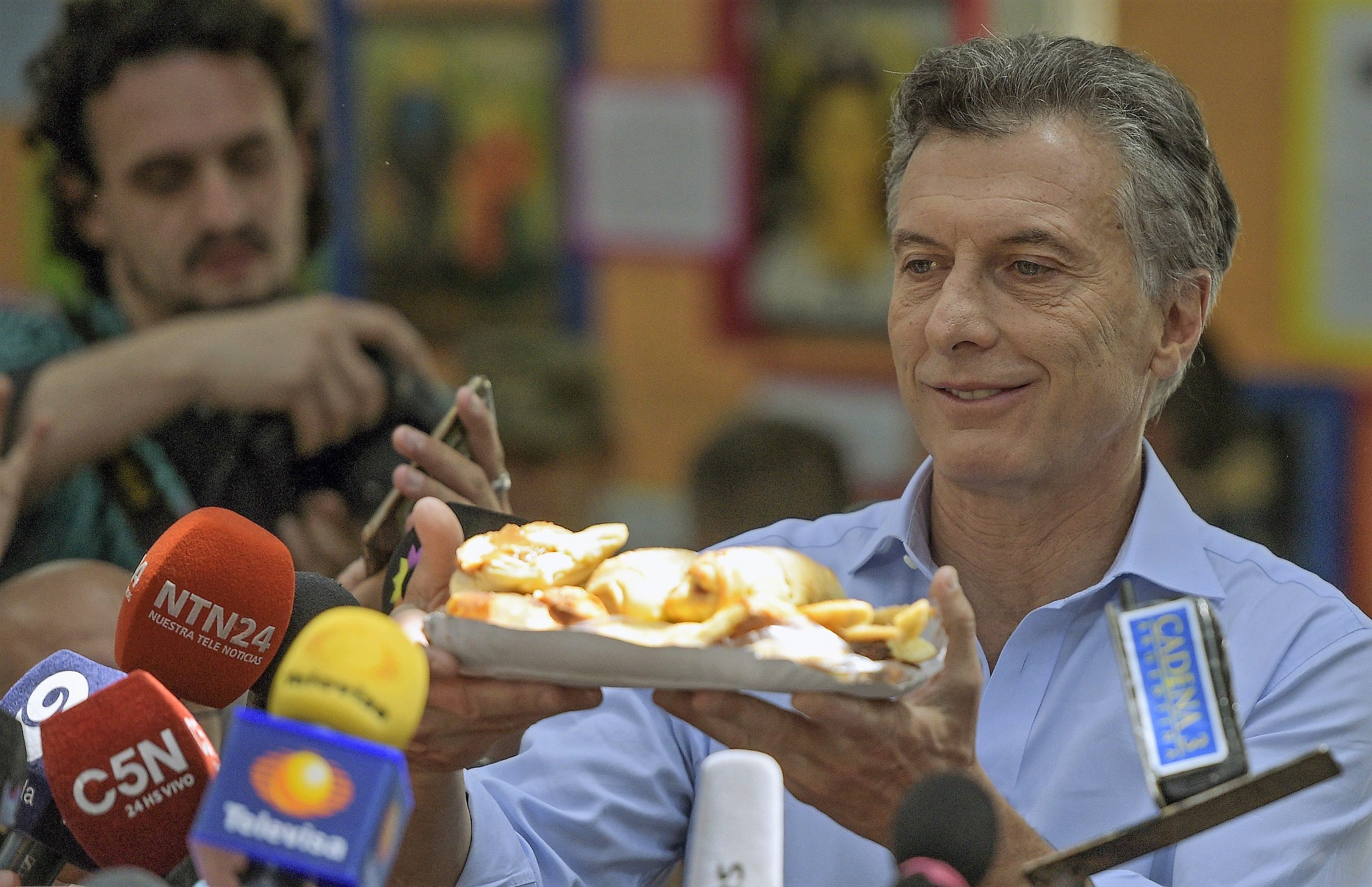
Argentina has a complex history of social rebellion, political unrest, and enduring leftist movements. As with most political legacies, Argentine socio-politics have had a way of manifesting themselves in institutions and traditions, whether it’s new forms of government, or plazas named for revolutions that become meeting grounds for citizen protests. One might not expect, however, that revolutionary history would be something that people eat throughout the day.
In Buenos Aires there are perhaps more bakeries than any locally made food shop or restaurant, and it’s here one will find not only tasty baked goods and pastries, but a look at the origins of Argentina’s anarchist movement.
Argentina’s first trade unions formed in the 1880s. The bakers’ union was one of the earliest, organized in 1886 under the leadership of Ettore Mattei, who had been exiled from his native Italy and worked with fellow exiled Italian anarchist Errico Malatesta. Malatesta was commissioned to draft the principles of the union, called la Sociedad Cosmopolita de Resistencia y Colocación de Obreros Panaderos (in English: Cosmopolitan Society of Resistance and Placement of Bakery Workers).
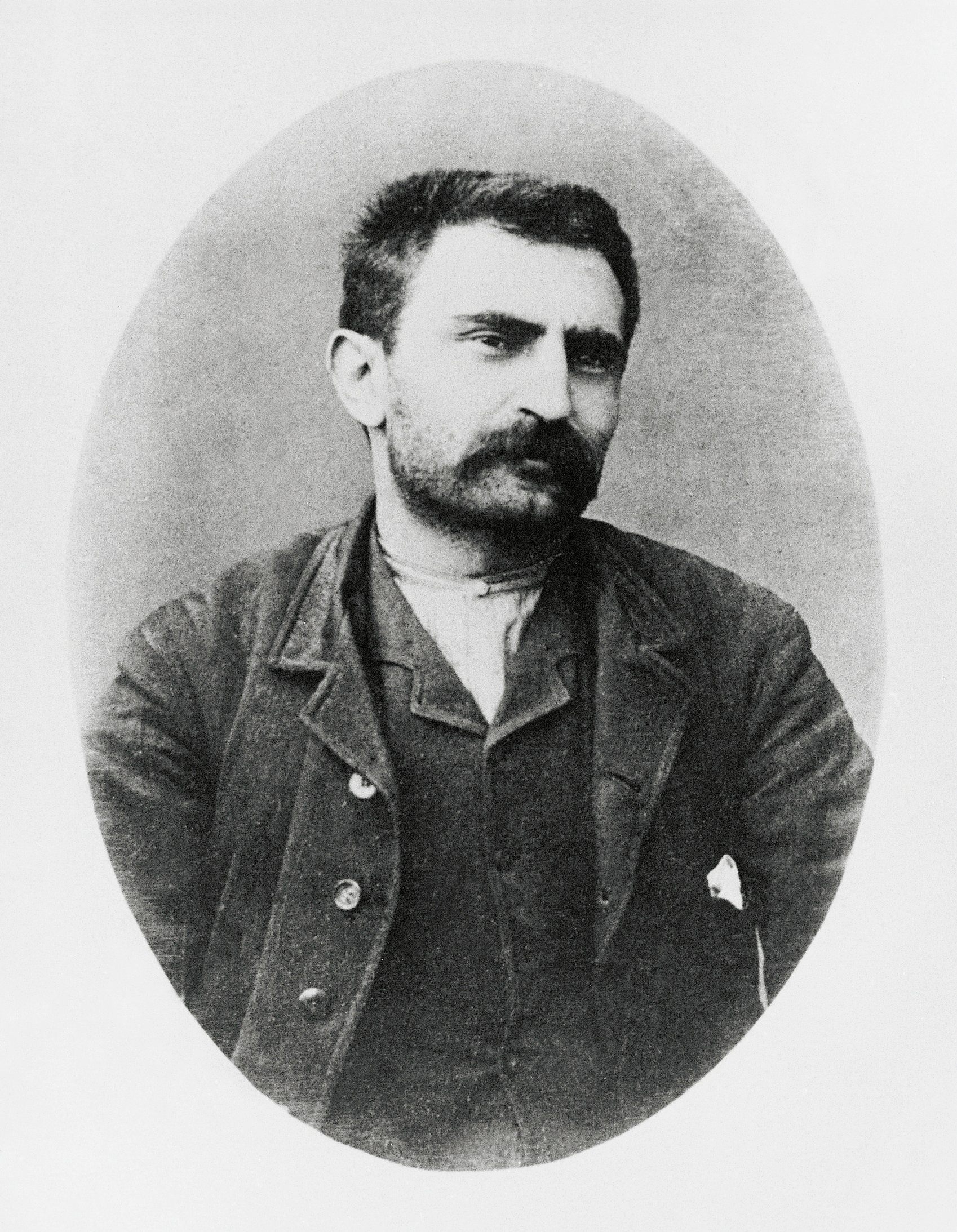
Two years after its founding, the bakers’ union went on strike in Buenos Aires for 10 days, demanding better conditions and higher wages. Workers clashed with the police and not only stood up for their rights, gaining a 30-percent wage increase, but cleverly manufactured a permanent political mark in their craft itself: the bakers decided to give blasphemous and anti-state names to bread goods that are still eaten daily across the nation.
Anyone who has dined in a cafe or shopped at a bakery in Argentina will immediately recognize menu items such as bolas de fraile, suspiros de monja, vigilantes, cañones, and bombas. For those who don’t speak Spanish, the pointed political metaphors the bakers cooked up start to make sense in translation: monk balls, nun’s sighs, vigilantes, cannons, and bombs.

Monk’s balls, a sweet bun often filled with dulce de leche, can be taken literally as jabbing at the church by offering up a friar’s testicle in pastry form. The nun’s sigh, to put a fine a point on it, can be considered a reference to an orgasm. The other goods are targeted toward the state and the police: vigilantes are made in the shape of a police officer’s baton; the cannons are long, hollow, and filled with a sweet filling; bombas are a choux puff pastry.
Even the Argentinian word for baked goods that are eaten at breakfast, or for late afternoon snacks, has a labor-related meaning. The word is facturas, which, in nearly every other context, means “bill” or “invoice.” The particular, revolutionary names for facturas have remained to this day, and so certainly has an activated working class.

The perseverance of these names can perhaps be explained by the significant political turmoil that dominated Argentina throughout the late 19th century.
The political climate at the time was a dangerous one for radical anti-state leftists, and even moreso for indigenous populations. In 1879, General Julio Argentino Roca led a genocidal military campaign in Patagonia against indigenous Argentines, “physically obliterating” them from the region, according to A. Dinerstein’s America: Organising Hope.
Roca became president of Argentina in 1880, and despite his bloody rise to power, Argentina’s economy grew substantially in the early 1880s as Buenos Aires became a major manufacturing and exportation hub. This was the same time that the country received an influx of Spanish and Italian immigrants, who brought anarchism with them.
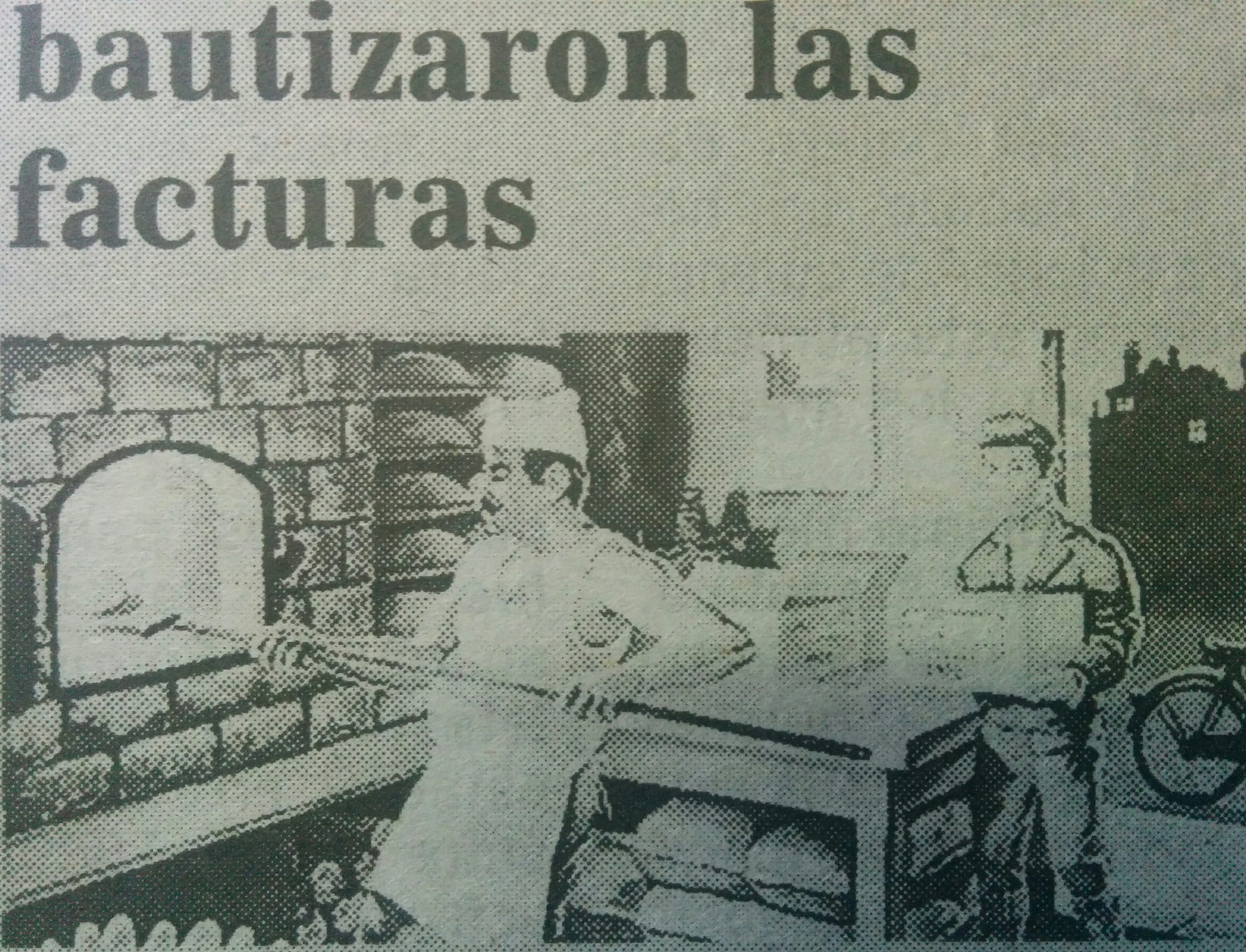
In 1886, when the bakers’ union was formed, Roca’s predecessor, Miguel Juárez Celman, was in year two of his presidency (to which he was fraudulently elected), and Buenos Aires saw an explosion of union activity regarding pay and working conditions. A new party formed to take Celman out of office.
Following the bakers’ strike in Buenos Aires, other unions and anti-government political parties quickly organized and took action. Rail and steelworkers went on strike in Rosario, Argentina, the same year. The anti-government Youth Civic Union formed in 1889, and rebranded as the Civic Union in 1890, revolted against Celman in the Revolution of the Park. Celman was forced to resign.
In 1901, the largely anarchist Argentine Regional Workers’ Federation (FORA) was founded, bringing together 35 unions (the group underwent many divisions and changes throughout the early first decades of the 20th century, but still exists in some form today). The anarchist dockworkers union successfully fought for a nine-hour work day in 1902. Between 1889 and 1910, Global Connections states that anarchists organized six general strikes. The original articles of association written by Malatesta for the bakers’ union served as a model for many of these subsequently formed unions.
The unionization of Argentina’s working class was a struggle in the truest sense of the word, and the radical christening of the facturas can be read as incisive, clever, and celebratory simultaneously. The bakers’ union and strikes came at a critical moment of economic growth and political tyranny, the likes of which the nation has experienced in various fashions ever since. While the complicated political landscape continues to shift, the facturas remain.
Gastro Obscura covers the world’s most wondrous food and drink.
Sign up for our regular newsletter.







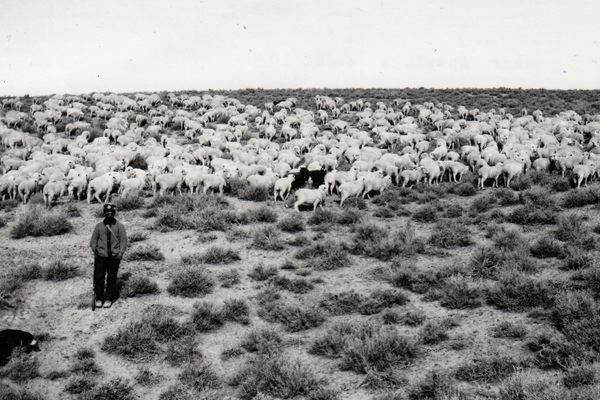











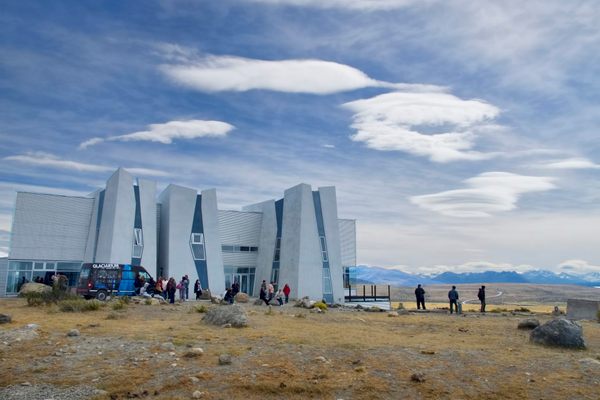





Follow us on Twitter to get the latest on the world's hidden wonders.
Like us on Facebook to get the latest on the world's hidden wonders.
Follow us on Twitter Like us on Facebook